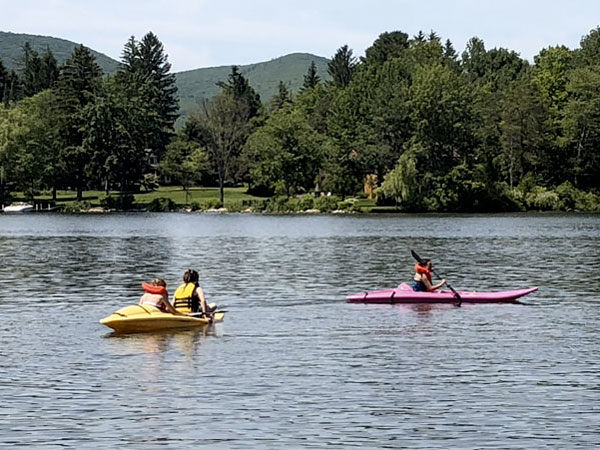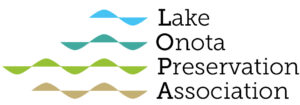There are multiple partners that influence the management of Onota Lake. The City is the primary management authority with responsibility for the maintenance and operation of the dam, permitting authority for activities on and around the lake, and overall lake management. The Lake Onota Preservation Association, Incorporated (LOPA) is a stakeholder group that was originally established by the City of Pittsfield. The City and LOPA have worked effectively in many partnerships utilizing the expertise of local groups such as the Berkshire Regional Planning Commission, the Lake and Ponds Association of Western Massachusetts, and the Housatonic Valley Association.
Established in 1966 under Chapter 40B of the Massachusetts General Laws, the Berkshire Regional Planning Commission (BRPC) is the official regional planning agency for the 32 municipalities in Berkshire County. As such, BRPC is active in environmental, land use, transportation, economic and community development, and other comprehensive planning issues throughout the county. Over a period of many years, BRPC has been responsible for much of the water quality planning work and local planning work in the region. BRPC has a long history of lake management and has worked effectively in a partnership with LOPA and the City of Pittsfield.
The Lakes and Ponds Association of Western Massachusetts (LAPA-West) was formally established in 1999. The primary goal of LAPA-West is to develop an active and effective network of stewards interested in improving water quality in the lakes and ponds of the watersheds of Western Massachusetts. LOPA has represented the interests of Onota Lake to LAPA-West since their formation. LAPA-West has successfully assembled key stakeholders interested in developing and implementing lake management programs and has coordinated their activities and has worked with LOPA to conduct water quality monitoring workshops In addition, Onota Lake has regularly been featured in the LAPA-West Annual Workshops and quarterly newsletter.
The Massachusetts Department of Conservation (DCR) protects, promotes, and enhances the state’s natural, cultural, and recreational resources. The health and happiness of people across Massachusetts depends on the accessibility and quality of our natural resources, recreational facilities, and great historic landscapes. DCR continues to improve the vital connection between people and the environment.





